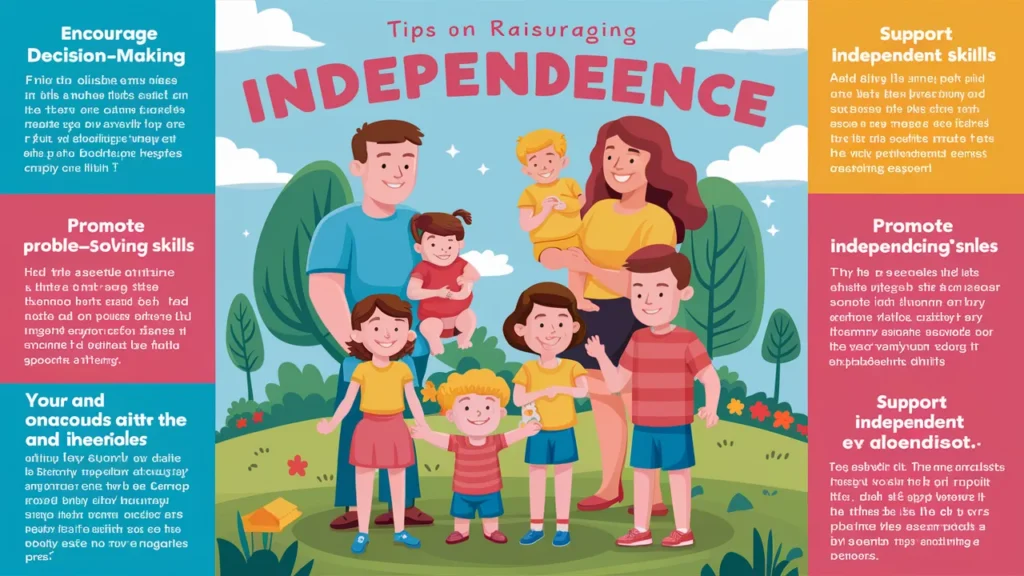
Discover expert secrets to taking care of kids like a pro. Learn tips and tricks you will love for making child care easier and more enjoyable.
Being a parent is one of the most rewarding but difficult jobs in life. Ensuring your kids feel loved and safe is paramount, but knowing exactly how to do that can sometimes tricky. Whether you’re a new parent or experienced one seeking fresh insights, this guide will walk you through simple and effective to take care of kids like a pro.
Understanding Their Needs, Taking Care of Kids

Physical Needs
Taking care of kids starts with meeting their physical needs, ensuring they grow up healthily and happily.
- Nutrition: Include lots of fruits, vegetables, whole grains, and lean proteins in their meals . Kids need a variety of nutrients to support their rapid growth.
- Example: Instead of sugary snacks, offer fruits like apples or bananas. They are not only nutritious but also convenient for on-the-go munching.
- Sleep: Proper sleep is essential for a child’s development. Set up a regular bedtime routine to make sure they get enough sleep
- Insight: According to the Sleep Foundation, children aged 6-13 need 9-11 hours of sleep each night.
- Exercise: Regular physical activity supports both physical and mental health. Encourage them to play outside, join a sports team, or simply enjoy a fun game of tag.
- Personal Note: I find that evening family walks after dinner are a great way for everyone to get some exercise while spending quality time together.
Emotional Needs
Understanding and nurturing your child’s emotional needs helps build their self-esteem and emotional intelligence.
- Affection: Show love and affection consistently. Simple gestures like hugs, pats on the back, or verbal affirmations can make a big difference.
- Example: A daily routine of saying “I love you” before bed can become a cherished ritual that reassures your child.
- Listening: Be an active listener. When kids share their thoughts or feelings, give them your full attention.This makes them feel appreciated and understood
- Tip: Try acknowledging their feelings by repeating back what they said, like “It sounds like you’re really upset because…”
- Encouragement: Praise their efforts, not just their results. This reinforces a growth mindset, teaching them that they can improve through hard work and persistence.
- Opinion: I always make it a point to celebrate the small victories with my kids, like finishing a difficult puzzle or learning a new skill.
Building a Routine, Taking Care of Kids

Creating a Schedule
Having a predictable daily routine provides a sense of stability and security for kids.
- Consistent Meal Times: Eat meals around the same time each day. This helps regulate their appetite and metabolism.
- Example: We have breakfast at 8 am, lunch at 12 pm, and dinner at 6 pm every day.
- Homework and Play: Balance time for homework and play. Allocate specific hours for schoolwork and fun activities.
- Tip: Use a visual schedule with pictures for younger kids to help them understand the daily plan.
Encouraging Independence, Taking Care of Kids

Age-Appropriate Responsibilities
Giving kids responsibilities teaches them valuable life skills and boosts their confidence.
- Chores: Assign simple chores appropriate for their age, like setting the table or tidying up toys.
- Insight: According to the American Academy of Pediatrics, even toddlers can help with small tasks, fostering a sense of responsibility early on.
- Decision-Making: Allow them to make choices within set boundaries. This could be as simple as choosing their outfit or selecting a bedtime story.
- Personal Anecdote: I let my 5-year-old pick his clothes on the weekends. It’s amusing to see the colorful combinations he comes up with!
Nurturing Social Skills

Playdates and Social Interaction
Social skills are critical for a child’s development. Ensure they have plenty of opportunities to interact with peers.
- Organize Playdates: Regular playdates help children learn to share, cooperate, and resolve conflicts.
- Tip: Rotate between different friends and settings to give them varied social experiences.
- Team Activities: Encourage participation in team sports or group activities to build teamwork skills.
- Example: Joining a local soccer club can teach valuable lessons on cooperation and discipline.
Conclusion
Taking care of kids may seem daunting, but with a little love, patience, and structure, you can create a nurturing environment where they thrive. Remember, the little moments of connection and care truly make the journey worthwhile.
“The best way to make children good is to make them happy.” – Oscar Wilde
HealthyChildren.org: Tips for Raising Healthy Children
Parents: Expert Parenting Advice
Mayo Clinic: Children’s Health

